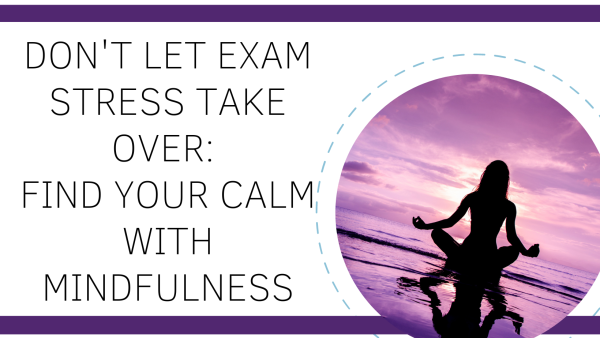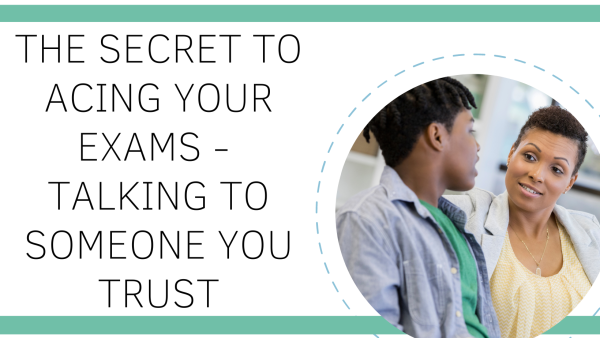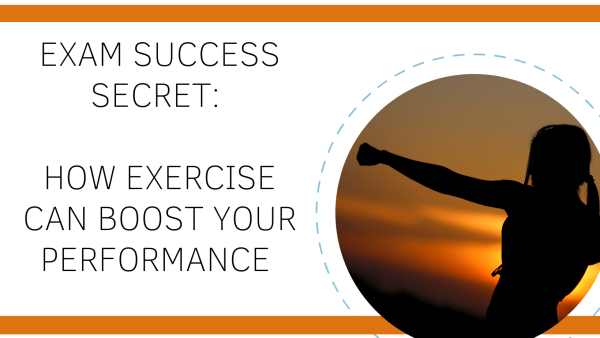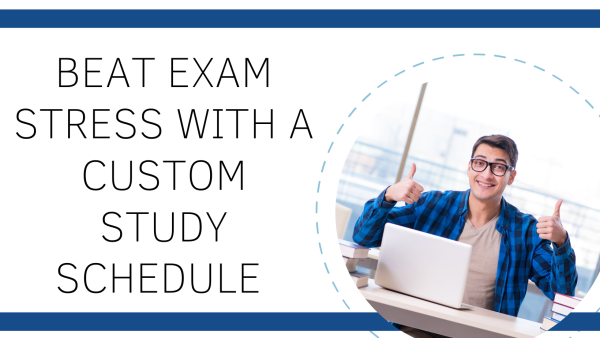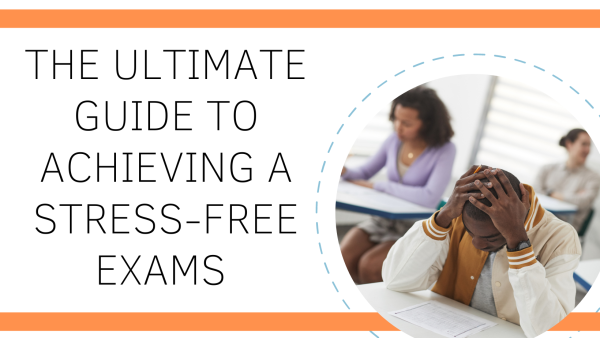Exam time can be overwhelming and stressful, but there are healthy coping mechanisms that can help you cope with the pressure. One effective way to reduce stress and increase focus is through mindfulness. Mindfulness is about being present in the moment and reducing worries about the future or regrets about the past. Here’s how mindfulness can benefit you during exam time:
- Reduce stress: Mindfulness can help reduce stress and anxiety by focusing your attention on the present moment. By taking deep breaths and focusing on your senses, you can calm your mind and feel more relaxed.
- Improve focus: Mindfulness can improve focus and clarity by reducing distractions and increasing attention. By meditating, deep breathing, or simply focusing on your senses, you can improve your concentration and feel more prepared for exams.
- Increase self-awareness: Mindfulness can increase self-awareness and help you understand your emotions and thoughts. By observing your thoughts and feelings, you can gain insight into your motivations and habits and make positive changes.
- Improve sleep: Mindfulness can improve sleep and help you get the rest you need. By practicing relaxation techniques and reducing anxiety, you can fall asleep more easily and wake up feeling refreshed.
- Increase happiness: Mindfulness can increase happiness and well-being. By focusing on the present moment and reducing stress, you can improve your overall mood and feel more positive during exam time.
Incorporating mindfulness into your routine can make a big difference during exam time. Try meditating, deep breathing, or simply focusing on your senses to experience the benefits of mindfulness. Remember to take care of yourself during exam time and prioritize your well-being to achieve your best results.

